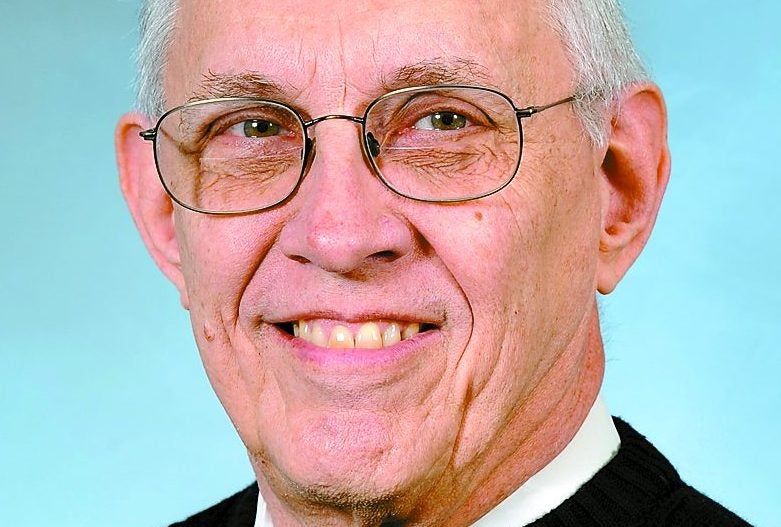Witt: Trying to define socialism
Published 9:27 am Tuesday, August 13, 2019

- Chuck Witt is a retired architect and a lifelong resident of Winchester.
Webster’s New World College Dictionary defines socialism thusly: any of various theories or systems of the ownership and operation of the means of production and distribution by society or the community rather than by private individuals, with all members of society or the community sharing in the work and the products.
Politicians — generally Republicans — typically ascribe the word to programs proposed by Democrats, specifically programs which seek to provide some sort of largesse (the term here used in its strictly defined form) to a large portion of the American populace.
“Medicare for All” is perhaps the perfect current example of a program freely labeled as socialism.
But change some of the words or terms in the definition and a totally different concept of socialism becomes apparent.
Create a new definition to read: any of various theories or systems of the ownership and operation of the means of production and distribution by the corporations, rather than by the producers, with only the top members of the corporations reaping the benefits of the distribution.
Of course, this definition fits a whole new system, not socialism. It could be applied to a term which has recently been formed, called corporatocracy, which could be an advancement of oligarchy (a form of government in which the ruling power belongs to a few persons).
Corporatocracy is another form of socialism, reversed to provide the benefits to the few rather than to the many. It differs from an oligarchy in that the beneficiaries are not necessarily within the government itself but spread across the spectrum of owners and managers.
So why is it so easy for politicians to constantly harp about the specter of socialism if it only relates to providing comfort or aid to the many, while the few partake of the largesse without approbation?
Simple.
It’s because, under corporatocracy, those who receive the benefits are the same ones who provide the means for the politicians to remain in office and see to it that the distribution pipeline never changes.
These same politicians are not only busy maintaining the status quo, they are never remiss in excoriating the many who might benefit from a change in the distribution system, those who must rely on food stamps to feed their family, those who receive Medicaid because they don’t earn the means to afford medical care, those who receive social security because they paid into it all their working lives.
These are the people who receive the rancor of politicians and are blamed for budget deficits, not the corporations which pay their managers four hundred times what they pay those who produce their products, not the military-industrial complex which siphons hundreds of billions of dollars each year at the same time that school children can’t afford school lunches.
Yes, socialism exists in America and it should receive the opprobrium it deserves, but it should be correctly defined and observed for where it mostly occurs toward those who have and not toward those who have little or nothing.
As a parting thought, wasn’t Jesus a socialist? Didn’t he feed the multitude with a few loaves and fish?
Didn’t he expel the moneychangers from the temple? Didn’t he admonish the people, “And the King will answer and say to them, ‘Truly I say to you, to the extent that you did it to one of these brothers of Mine, even the least of them, you did it to Me.’” (Matthew 25:40)
Well, the corporatocracy and its minions is doing it to the least of them.
Chuck Witt is a retired architect and a lifelong resident of Winchester. He can be reached at chuck740@bellsouth.net.




